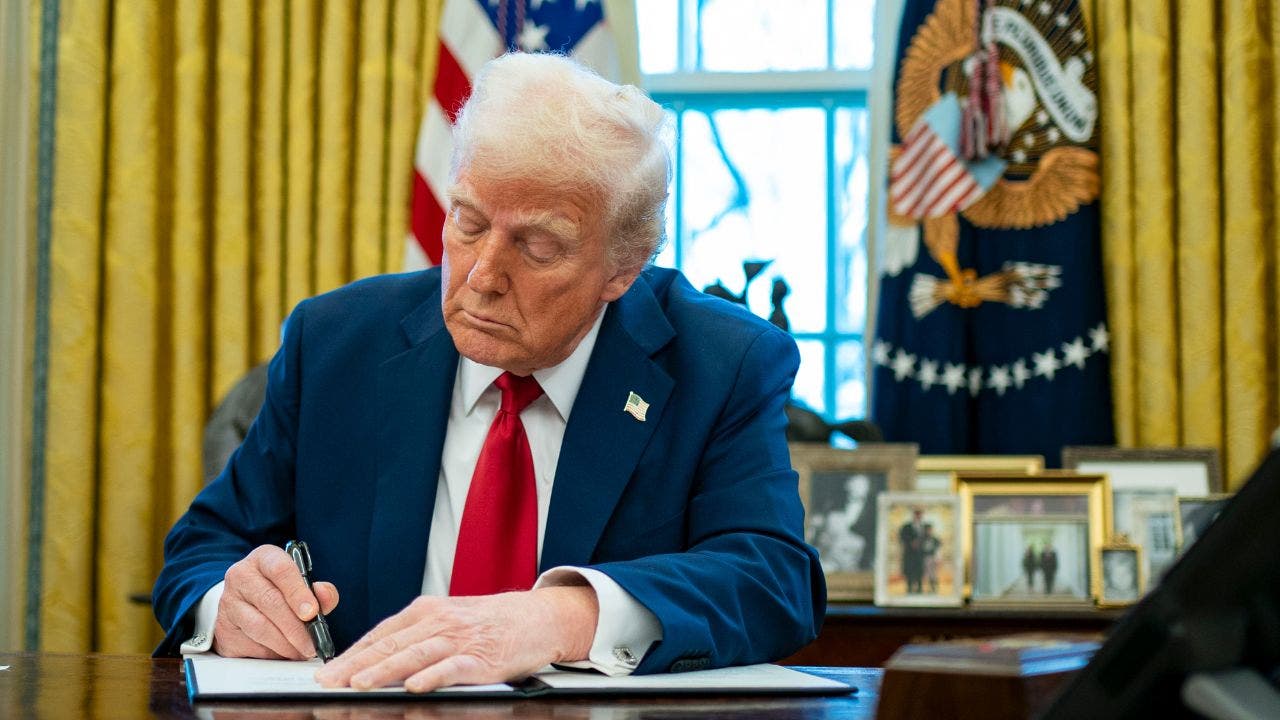Tariff Troubles: Expert Calls Trade Wars 'More Complex Than a 5D Rubik's Cube'

The ongoing trade tensions and tariff disputes are causing anxiety among many Americans, and experts agree the situation is far from simple. Yale Law School Professor Natasha Sarin recently described the complexities of these trade wars as “as complicated as a 5-dimensional Rubik’s Cube,” highlighting the intricate and often unpredictable nature of international trade policy.
President Trump’s administration has implemented a series of tariffs on goods imported from over 90 countries, triggering retaliatory measures and escalating trade disputes. These tariffs, designed to protect domestic industries and encourage manufacturing within the United States, have had a ripple effect on businesses and consumers alike. The impact is felt across various sectors, from agriculture and manufacturing to retail and technology.
Why are Tariffs So Complicated?
Sarin’s analogy of a 5D Rubik's Cube isn't just hyperbole. The challenges stem from several factors:
- Interconnected Global Supply Chains: Modern economies are deeply intertwined. Tariffs on one product can disrupt entire supply chains, affecting businesses that rely on those goods for production.
- Retaliatory Measures: When one country imposes tariffs, others often respond with their own tariffs, leading to a cycle of escalating trade barriers.
- Political Considerations: Trade policy isn't solely about economics; it's heavily influenced by political relationships and national interests.
- Unintended Consequences: Tariffs can have unforeseen impacts, such as raising prices for consumers, hurting export industries, and distorting market signals.
The Economic Impact on Americans
The immediate impact of tariffs is often felt by businesses that import goods or rely on imported components. These businesses may face higher costs, forcing them to raise prices for consumers or absorb the losses. Farmers, in particular, have been significantly affected by retaliatory tariffs from countries like China, impacting their ability to export agricultural products.
While the goal of tariffs is to create jobs and boost domestic production, economists debate whether the benefits outweigh the costs. Some argue that tariffs can protect industries from unfair competition, while others contend that they stifle innovation and harm economic growth.
Looking Ahead: What's Next for Trade Policy?
The future of trade policy remains uncertain. Negotiations and trade agreements are constantly evolving, and the global trade landscape is subject to change based on political developments and economic conditions. Experts like Sarin emphasize the need for a nuanced and strategic approach to trade policy, one that considers the long-term implications and avoids escalating trade wars. Understanding the complexities involved is crucial for businesses, consumers, and policymakers alike.
The current situation serves as a reminder of the interconnectedness of the global economy and the delicate balance required to navigate international trade relations. As the trade landscape continues to shift, staying informed and understanding the underlying dynamics will be essential for navigating the economic challenges and opportunities ahead.






